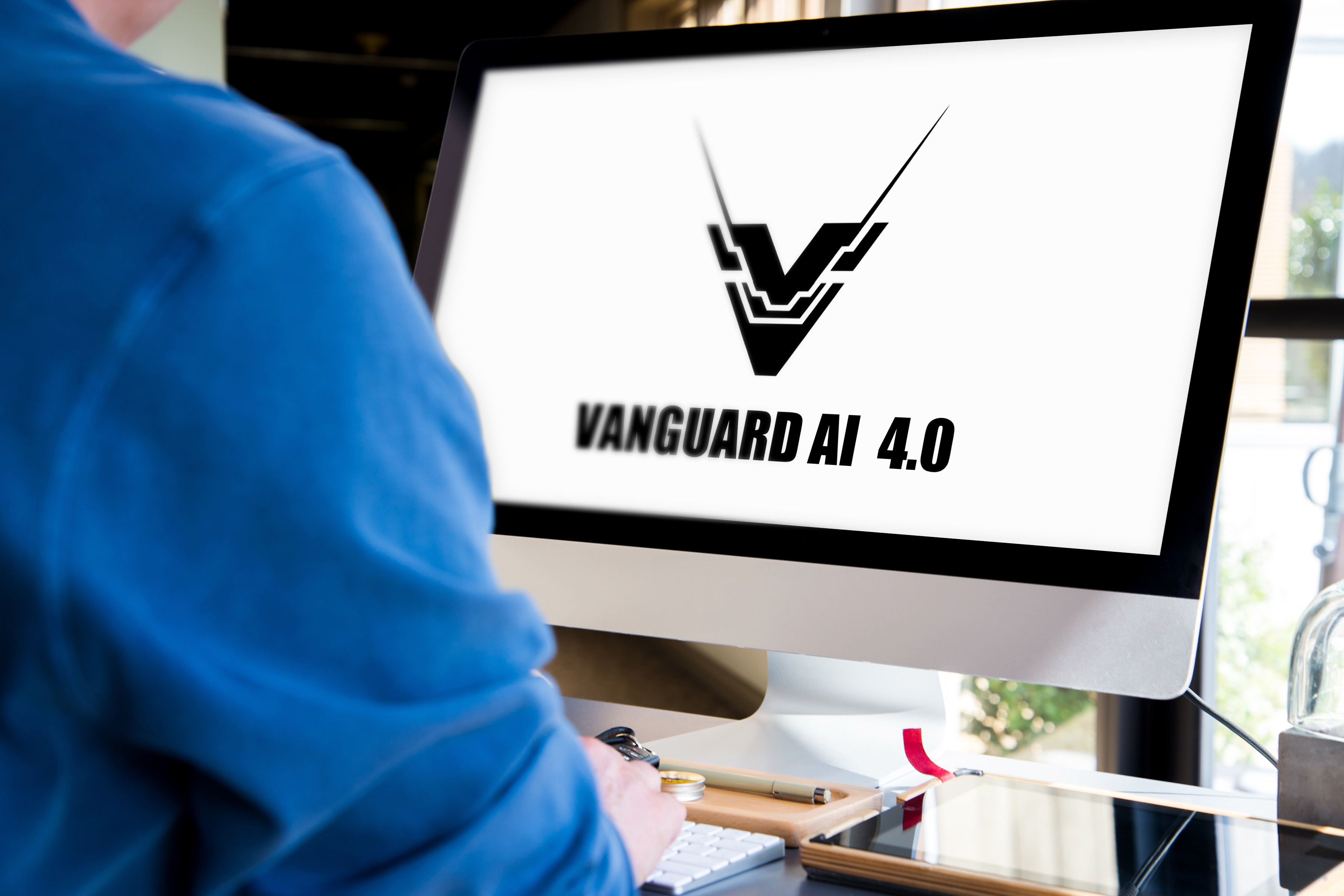Phase 2: The leap from quantitative trading to artificial intelligence
Although both quantitative trading and artificial intelligence trading are methods that use technological means to make trading decisions, they also have some shortcomings. The
following are some weaknesses of quantitative trading compared to artificial intelligence trading:
1. Dependence on historical data:
Quantitative trading is usually based on the analysis of historical data and model
construction, so for emerging markets or markets with drastic changes in economic
conditions, quantitative trading may not be as flexible as artificial intelligence trading.

2. Lack of subjective judgment:
Quantitative trading mainly relies on rules and algorithms for trading decisions, lacking the intuition and subjective judgment of human traders. This sometimes leads to the inability to capture certain irregular market emotions or events, resulting in the instability of trading
strategies.
3. Sensitivity to data quality:
The results of quantitative trading heavily depend on the accuracy and reliability of the
historical data used. If there are errors or missing data, or if the current market situation
cannot be accurately reflected due to market changes, it will have a negative impact on the success of trading strategies.
4. High initial cost:
Quantitative trading requires the establishment and maintenance of a large amount of
technological infrastructure, including high-performance computers, data storage and
processing systems, etc. These facilities require a significant amount of capital investment and professional knowledge to maintain, resulting in high initial costs.
5. Sensitivity to model risk:
Quantitative trading models are usually constructed based on historical data, and there are deficiencies in the accuracy and stability of investment processes for investment targets with limited market historical data. For example, in the rise of emerging cryptocurrency markets, there are numerous opportunities, and quantitative trading loses its advantage due to this
deficiency.
With the development of technology, the application of artificial intelligence technology has had a profound impact on quantitative trading. Quantitative trading is a trading strategy that utilizes mathematical models and a large amount of historical data for investment decisions, and the introduction of artificial intelligence makes quantitative trading more accurate,
efficient, and intelligent.
Firstly, artificial intelligence technology can analyze and process massive financial data through methods such as data mining and machine learning, discovering patterns and
patterns in financial markets. Compared to traditional quantitative trading methods, artificial intelligence can more accurately capture market dynamics and changes, improving the
accuracy of investment decisions.
Secondly, artificial intelligence technology can also achieve automated trading, which involves executing trading operations through algorithms and programs, reducing the involvement and
operational risks of trading personnel. This makes transaction execution faster and more precise, and enables real-time monitoring of market changes and timely adjustment of investment portfolios.
In addition, artificial intelligence technology can also help optimize and improve quantitative
trading strategies. By training and optimizing machine learning algorithms, effective
parameter adjustments and optimizations can be made to quantitative trading models, improving the profitability and risk control capabilities of trading strategies.
Given that artificial intelligence trading can obtain data in real-time and make decisions based on real-time market conditions, it is more adaptable to market changes; Artificial intelligence
can process more complex data and patterns, thereby obtaining more accurate market judgments; Artificial intelligence trading can monitor market changes in real-time and
automatically make trading decisions, enabling quick response when opportunities arise in the market; Artificial intelligence trading can continuously optimize its trading strategy through
machine learning and deep learning algorithms to adapt to market changes... Artificial
intelligence has stronger regulatory and decision-making abilities. Since 2014, the Excellence Vanguard Wealth Business School has jumped from quantitative trading to the field of artificial intelligence trading.
Disclaimer: The copyright of this article belongs to the original author. Reposting this article is solely for the purpose of information dissemination and does not constitute any investment advice. If there is any infringement, please contact us immediately. We will make corrections or deletions as necessary. Thank you.





